By Thomas Sagimo, Ocean Sole Coastal Impact Manager
The ocean is full of beautiful creatures, but Sea turtles hold a special place in my heart. Watching a sea turtle crawling up the beach to lay her eggs and seeing how cautious she must be during this process is always magical. Having witnessed this several times now on the beaches of Kilifi, Kenya, I have been profoundly touched and knew I had to help protect these incredible animals and their habitat.
That’s why I joined Ocean Sole, a non-profit dedicated to cleaning polluted beaches and upcycling discarded and found flip-flops into art to advocate for ocean conservation. Besides poachers, the main hurdle sea turtles face, both in the sea and on nesting grounds, is marine debris, especially plastic waste. This debris hinders the baby turtles from crawling back to the sea to freedom; and in the sea, the turtles often ingest plastics, mistaking the plastic for jellyfish–their favourite food. Therefore, leading weekly beach clean-ups with the Ocean Mamaz is something that I enjoy doing, knowing that our deliberate actions help marine animals like sea turtles.

Photos of volunteers collecting trash
During our beach cleans, we find all sorts of things, from wetsuits, door fridges, ship containers to sea turtle shells. The first time I saw an actual sea turtle shell that had been damaged by poachers, I was very sad. At that time, I became curious whether sea turtles nested on Kilifi's BOFA beaches, and if so, how often and how many. Which began our quest to find answers.
However, the local fishermen were reluctant to discuss the location or numbers of nesting sea turtles. Feeling disheartened, we almost gave up hope. Then, one day, we heard about a baby sea turtle trying to make its way to the sea, while being mishandled by kids and beachgoers, as no one was protecting its treacherous journey. This renewed my spirit and energy to determine a way to help. With the help and guidance of Kenya Wildlife Service (KWS)-Watamu, I got inspired to start the Ocean Sole TurtleSafe Project to protect sea turtles during their nesting seasons so their population can thrive and scare off poachers..
We worked with the local conservation organisation, Bofa Beach Management Unit, to raise awareness about sea turtles among fishermen. With their help, we hired five fishermen as TurtleSafe Rangers, to protect the nesting turtles and keep poachers away from the turtles. It was a great moment when we tracked our first sea turtle, a hawksbill, which laid 89 eggs, and the nest had a success rate of 76%. Everyone on the Ocean Sole team was so thrilled.

Hawksbill baby turtle crawling down the beach to the sea
Our rangers work for about five hours a night – 2.5 hours before high tide and 2.5 hours after high tide. They are diligent about checking each of the nests and scare poachers away from harming the mother’s whilst nesting. The poachers are motivated to kill the mothers for turtle meat which can garner about $75–nearly a month’s salary for a fisherman.
Over the course of a month, everything seemed to be going well, but we experienced two turtle mortalities in a month caused by poachers. These female turtles were very mature, and it was so sad and disappointing. It reminded us that unexpected challenges can arise even when good things happen. And our resolve became stronger and we have begun to plan out what resources (people, tools, flashlights, tuk tuk, clothes, etc) are required to expand our impact for the sea turtles.

Green turtle carapace at the beach after poachers slaughtered
The other night, our turtle rangers successfully saved a turtle from poachers who were chasing it to trap the mother for her meat and eggs. Although the turtle suffered a severe head injury during the chase, we took care of it until it was well enough to return to the sea. This rescue was a big success for our team because we saved the turtle and the eggs.
We spent a lot of time training and communicating to the local fishermen to help them understand why protecting sea turtles is essential. During our conversations we also wanted to find out why some locals poach and harm the turtles. Here’s what we found.
- Some fishermen think or used to believe that eating turtles' meat can make them live longer, just like the turtle himself.
- That turtle meat can cure sickness and even hernias.
- For many, it's about money and food. “Selling a whole sea turtle can bring in cash, especially when there isn’t much food or money available”, one of the fishermen said.
One fisherman told me, “Before you started this project, no nesting turtle ever returned to the ocean, eggs mishandled by fishermen. This project has helped the sea turtles on BOFA beach”, one of the rangers said.
Since January 2024, we have found five sea turtle nests and, sadly, three mortalities from poaching. But with our project, we aim to change things. We want the Kenyan shores to be a safe place for turtles where they won't be hunted anymore or fight through marine litter to nest their eggs.. By teaming up with local fishermen, we are showing them why it is vital to protect these amazing creatures.

Even though we are trying to protect sea turtles, there are still struggles between tradition, survival, and taking care of the ocean in Kilifi. As we work to protect these amazing animals, I ask you to help us. You can join by cleaning beaches, supporting our TurtleSafe Project, or telling others about the importance of this cause. Together, we can make sure that future generations get to see sea turtles going safely into the ocean. Let's do some good together!
Click here if you want to help us or send us your comments!




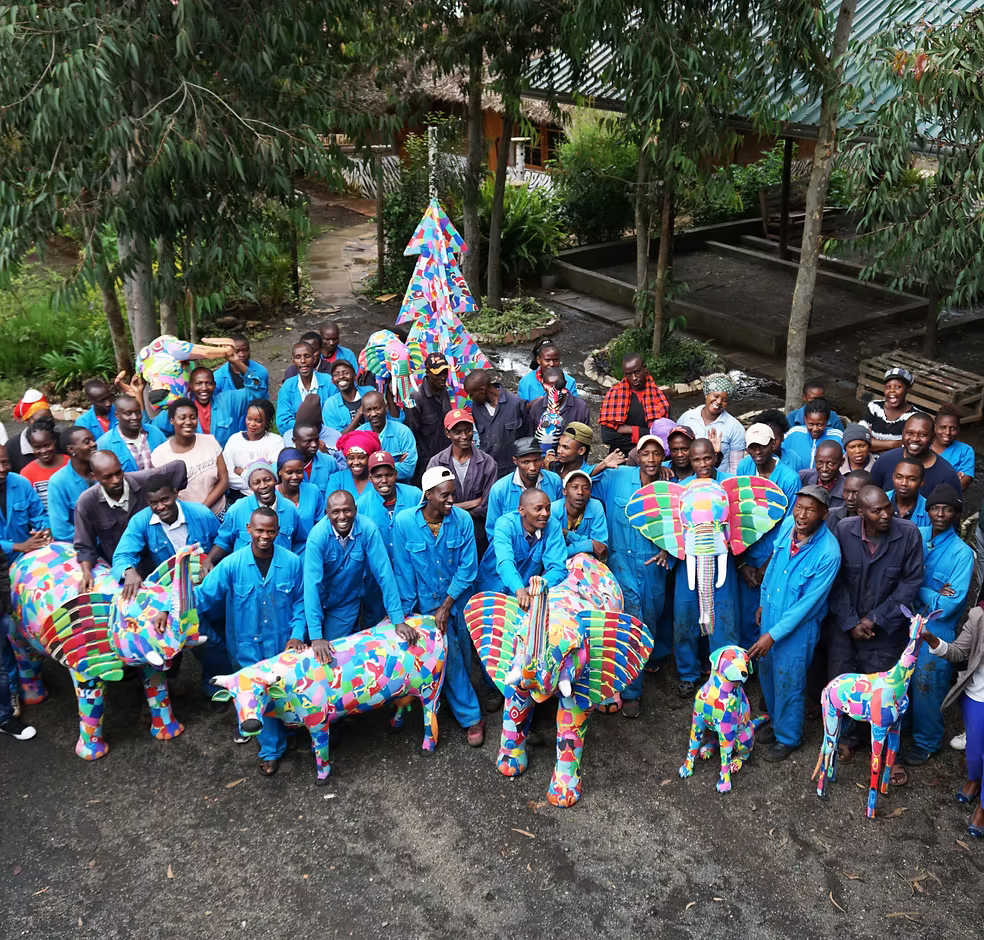
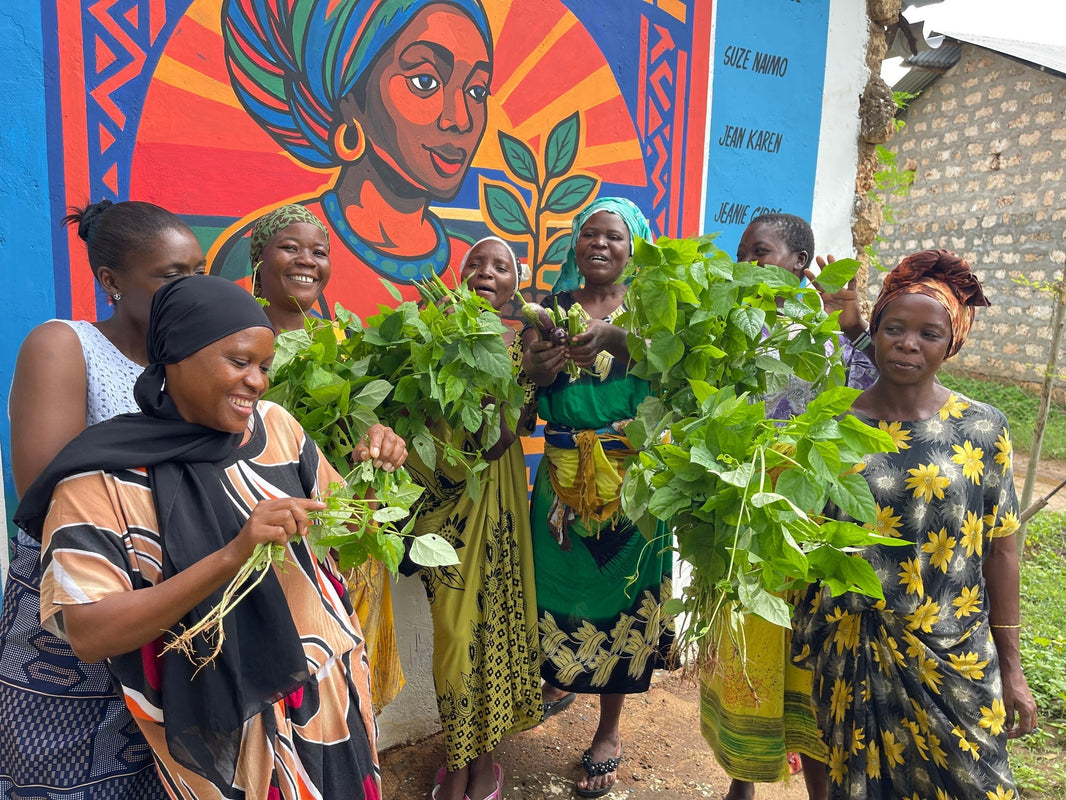
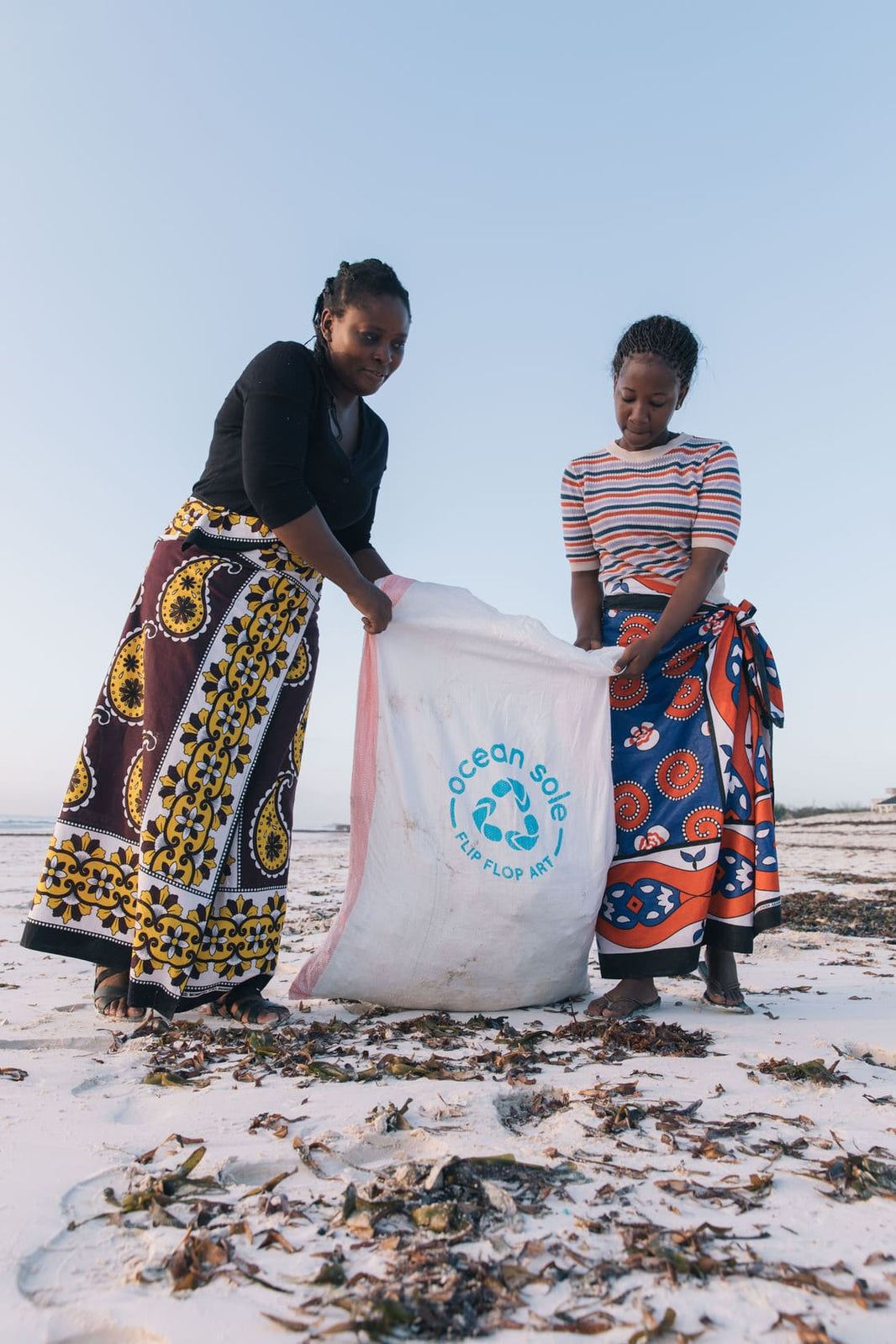
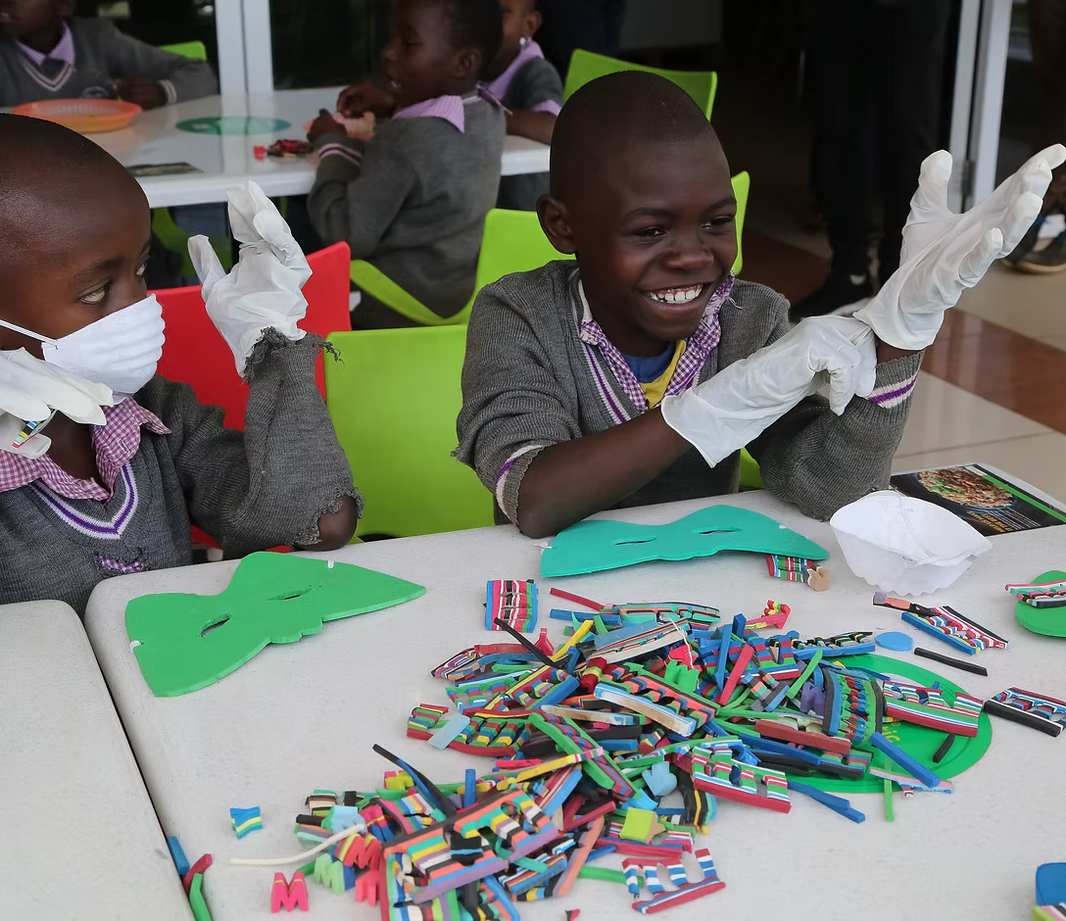
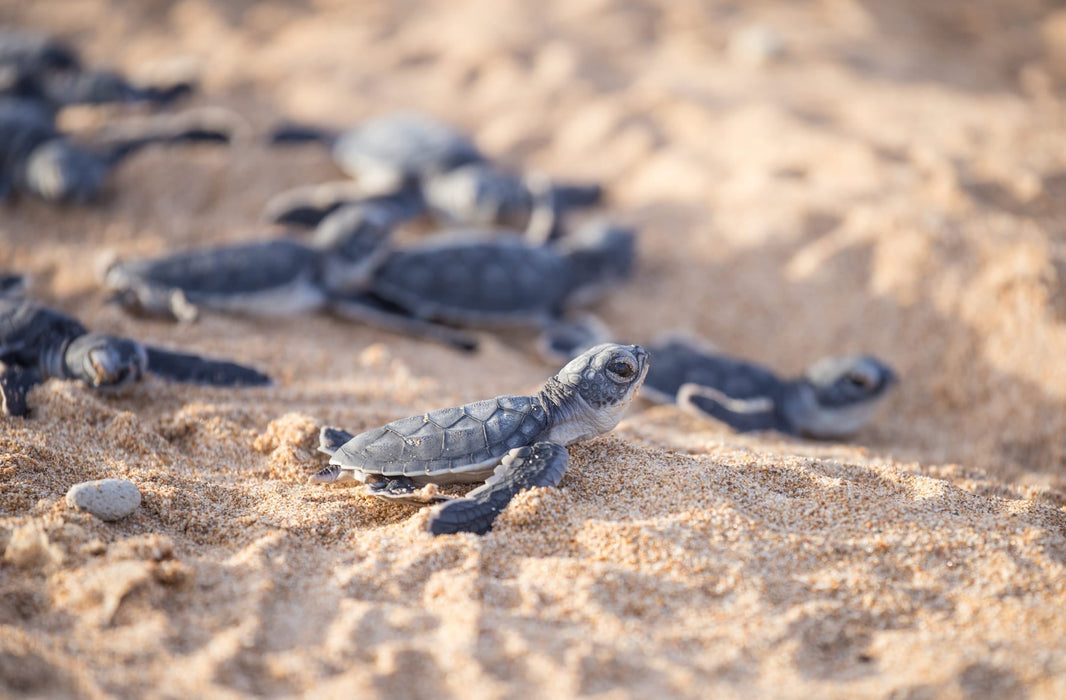
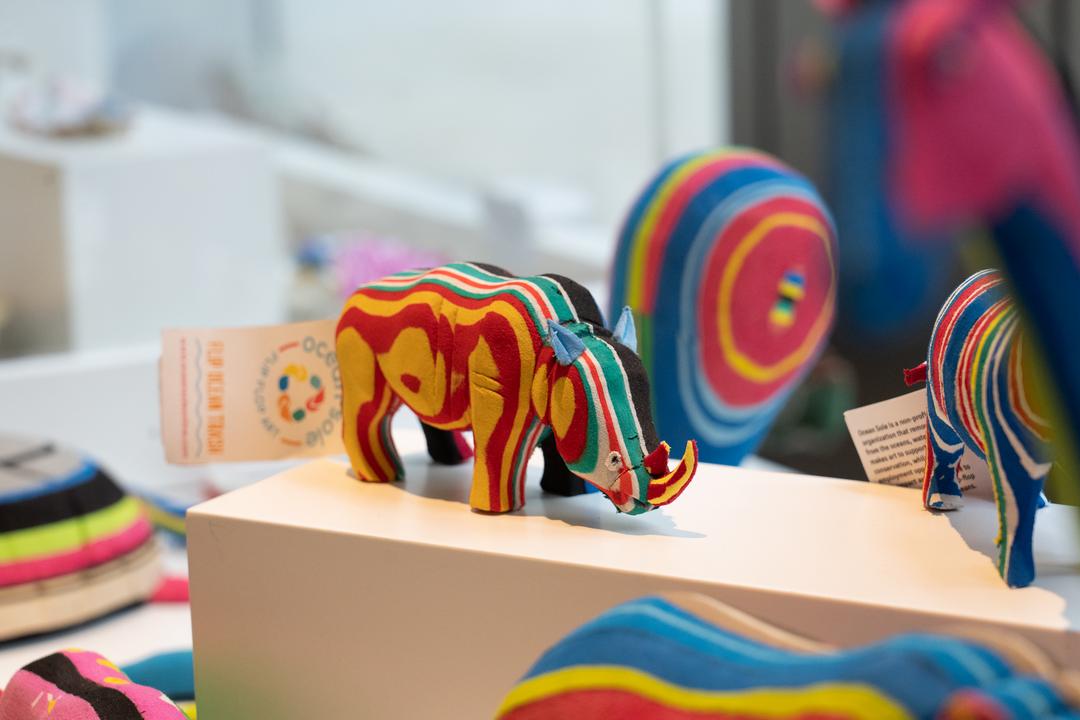
2 comments
What a heartfelt reflection! Your passion for sea turtle conservation truly shines through. It’s inspiring to see such dedication—thank you for sharing your journey and helping protect these incredible creatures.
Good work Mr. Thomas Sagimo.